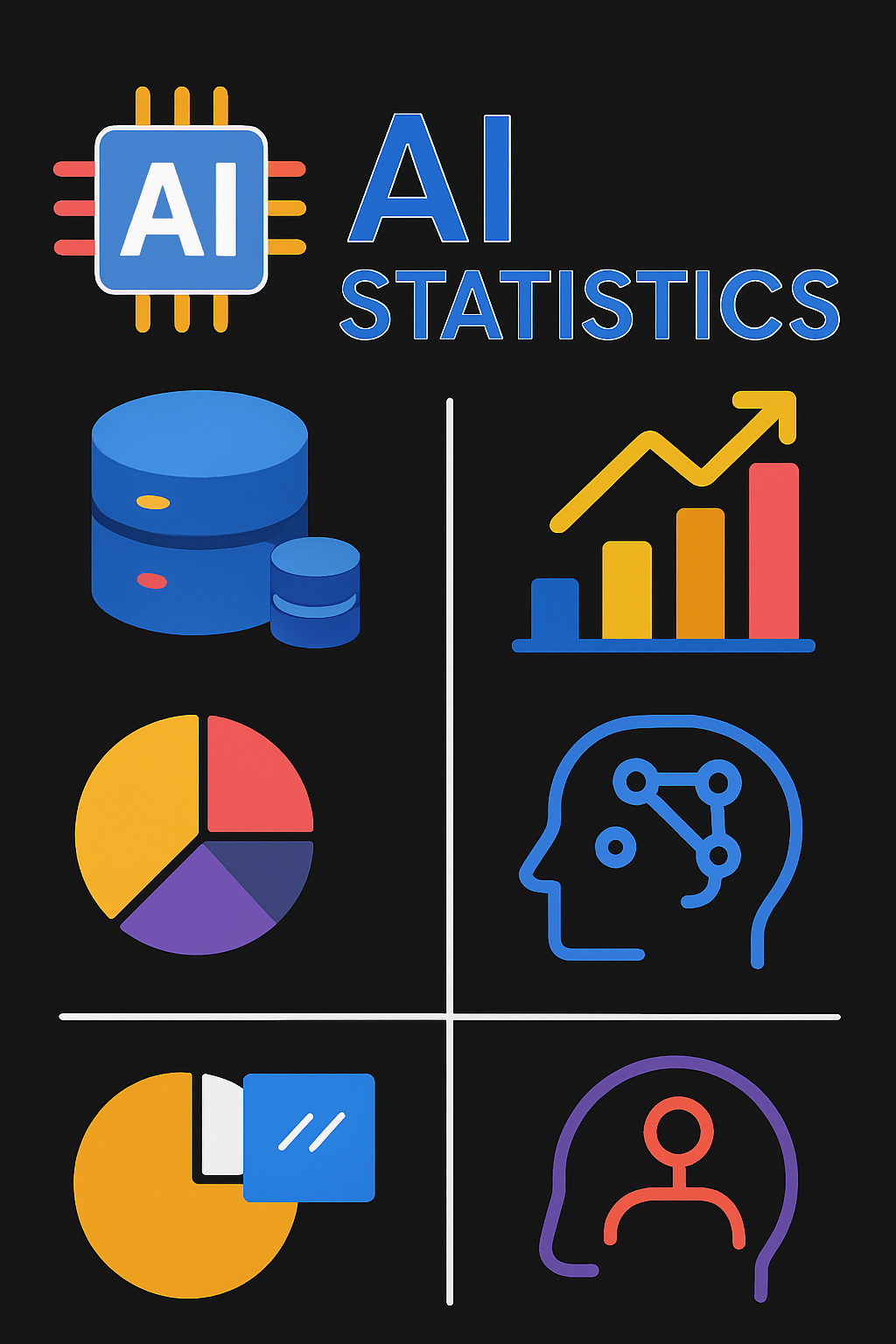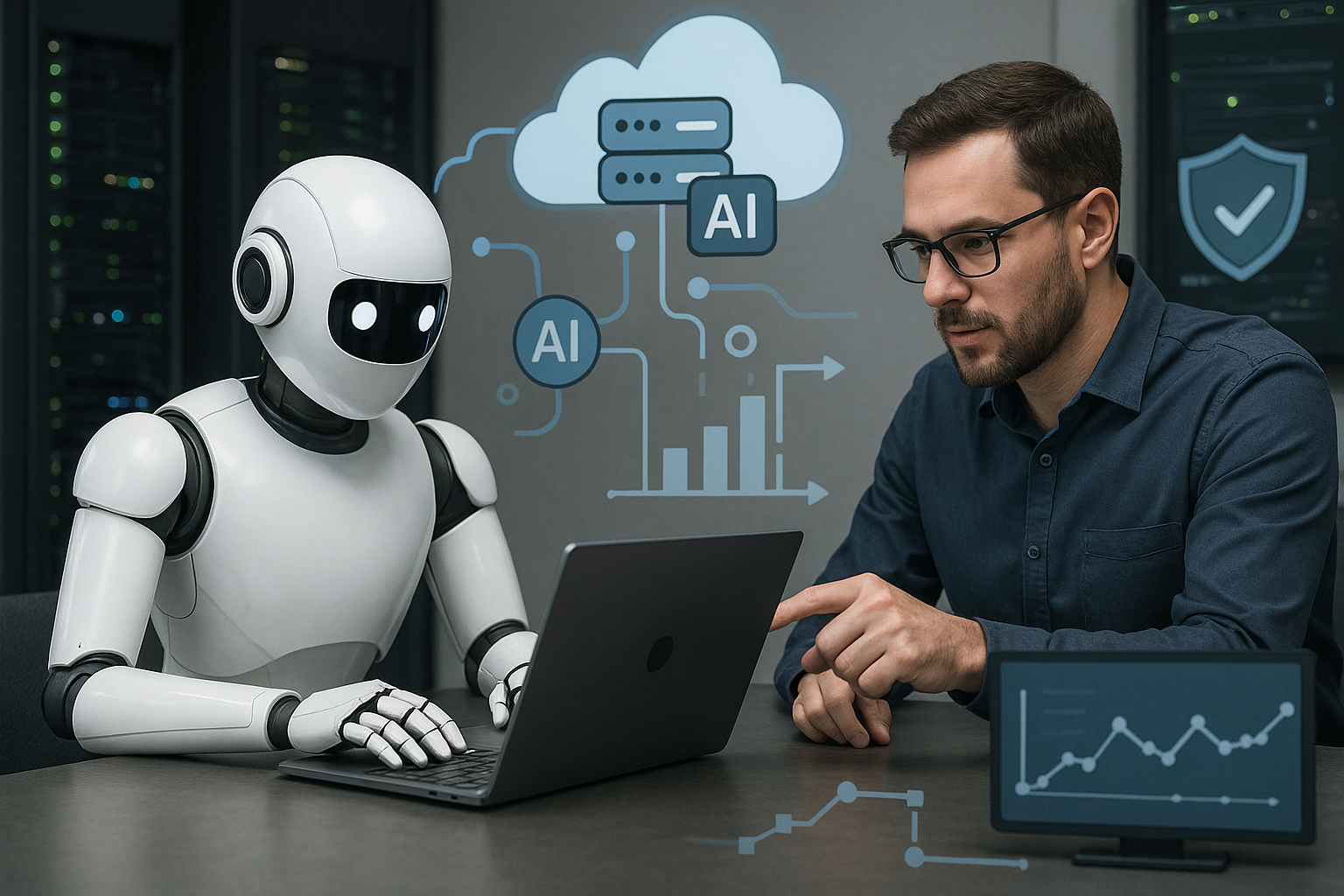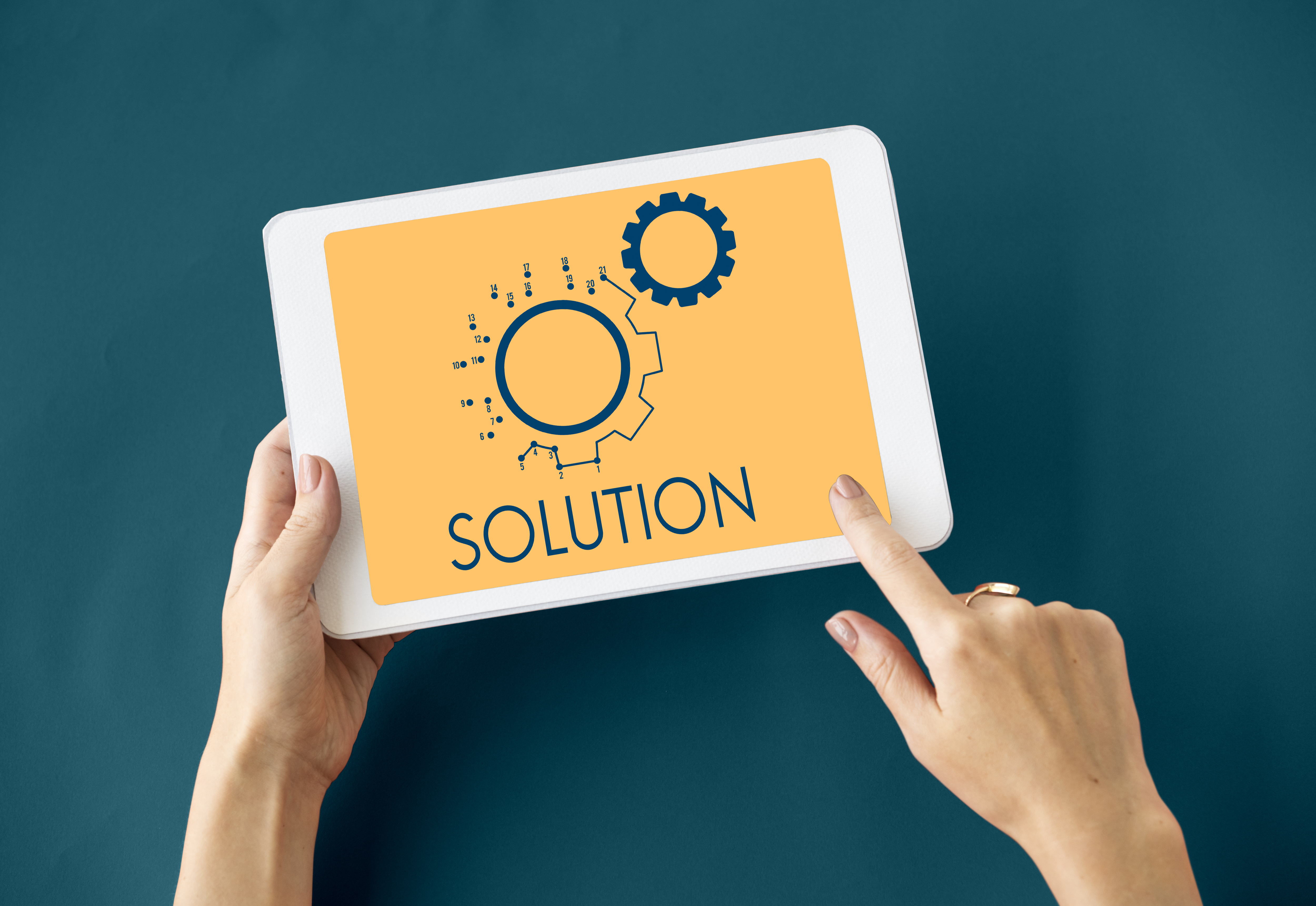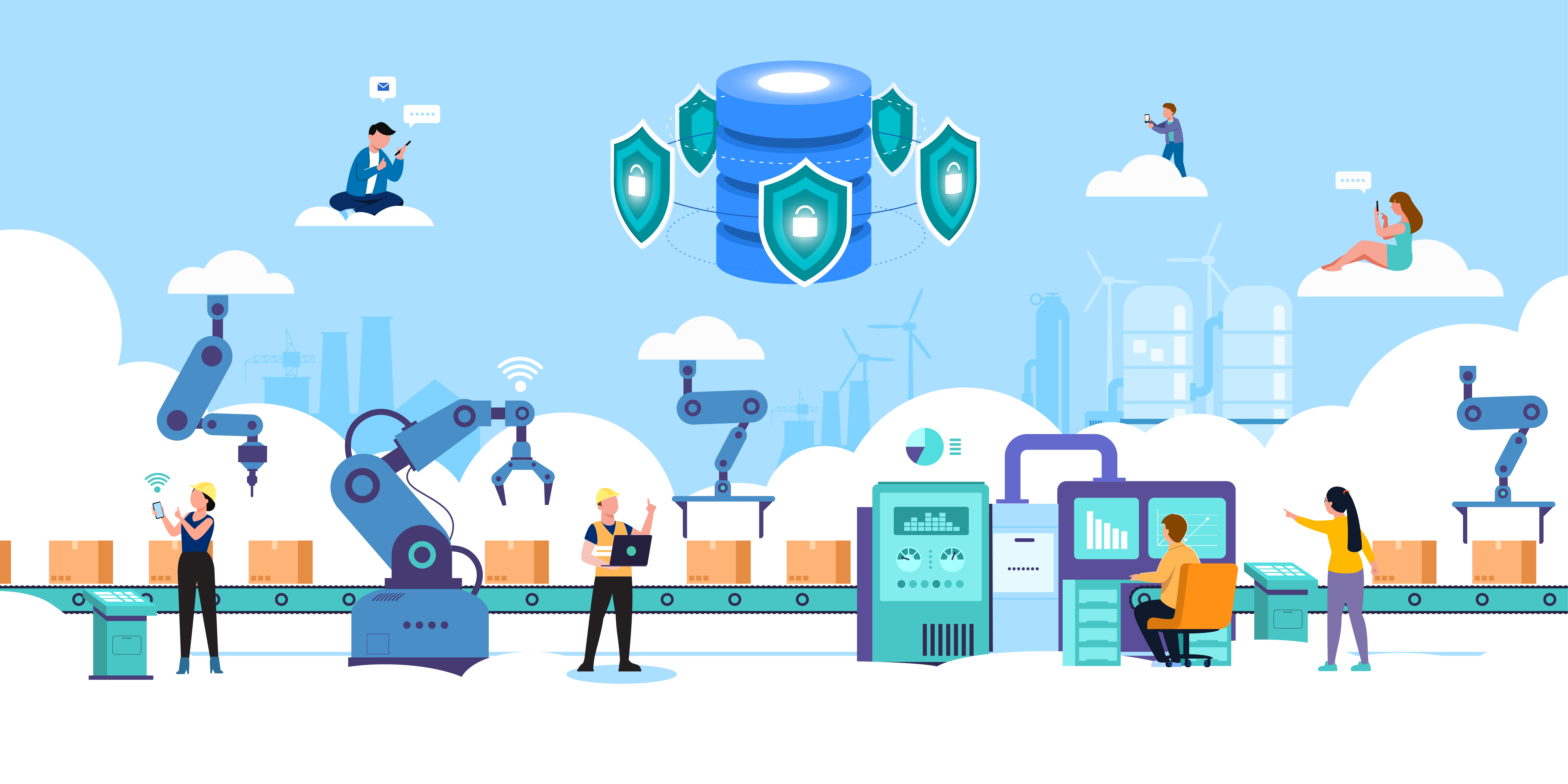The Role of AI in Industry 4.0: Transforming Manufacturing and Beyond
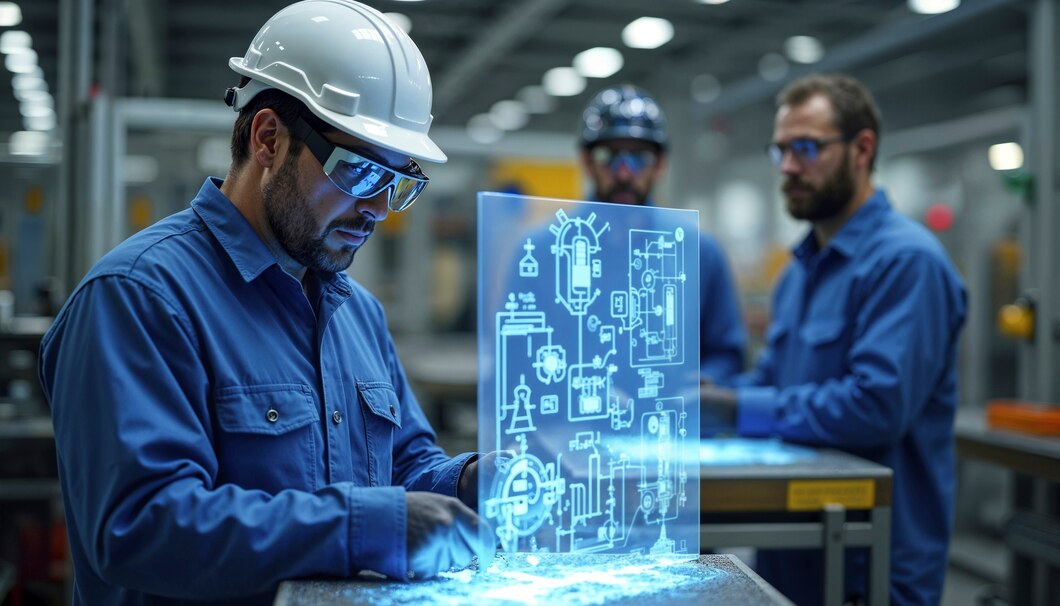
Strong 8k brings an ultra-HD IPTV experience to your living room and your pocket.
The Fourth Industrial Revolution, or Industry 4.0, is transforming manufacturing and industrial operations at an unprecedented pace. While automation and IoT have played significant roles, artificial intelligence (AI) has emerged as the true game-changer, enabling factories to become smarter, more efficient, and highly responsive to real-time data. But what does this really mean for businesses?
How AI is Reshaping Industry 4.0?
AI isn't just an add-on to industrial operations—it’s the foundation of a more intelligent, predictive, and autonomous system. From AI-driven supply chains to AI predictive maintenance, companies are leveraging machine learning (ML) algorithms and big data analytics to optimize processes like never before.
1. Predictive Maintenance: Avoiding Downtime and Reducing Costs
Unplanned equipment failures are a nightmare for any manufacturing unit. Traditional maintenance approaches either follow fixed schedules or react to failures after they occur. AI predictive maintenance changes this equation entirely. By analyzing sensor data, AI can detect anomalies, predict potential breakdowns, and schedule maintenance before failures happen. This not only saves costs on repairs but also minimizes downtime, ensuring continuous productivity.
For example, manufacturers using AI-powered maintenance solutions have reported up to a 40% reduction in downtime and 25% savings in maintenance costs. Companies like Siemens and General Electric have adopted AI-driven predictive maintenance systems to keep their machinery running optimally with minimal human intervention.
2. Intelligent Supply Chains and Logistics
Managing an industrial supply chain is complex, with numerous variables affecting efficiency. AI-driven analytics help companies forecast demand, optimize inventory levels, and even automate logistics decision-making. Real-time AI models analyze supplier data, weather conditions, and geopolitical factors to suggest the best routes, warehouse management strategies, and raw material procurement plans.
Retail giants and manufacturing leaders are already deploying AI to enhance supply chain resilience. Amazon, for example, employs AI-powered demand forecasting models to predict customer needs and pre-stock warehouses accordingly, reducing delays and operational costs.
3. Smart Robotics and Automated Quality Control
Robots have been part of industrial operations for decades, but AI has taken automation to a new level. AI-powered robots are no longer just programmed to perform repetitive tasks—they now adapt, learn, and improve their efficiency over time. AI-driven computer vision technology helps in real-time defect detection, ensuring that quality control is more precise and less dependent on manual inspections.
A practical example is Tesla’s Gigafactories, where AI-powered robots continuously analyze production quality and self-correct manufacturing errors, improving efficiency while reducing waste.
4. Digital Twins for Real-Time Simulation
Digital twin technology, an integral part of Industry 4.0, creates virtual replicas of physical systems. AI continuously feeds data into these digital twins, allowing businesses to simulate different scenarios, test improvements, and predict potential failures before implementing changes in the real world.
For instance, Rolls-Royce uses AI-driven digital twins to monitor and optimize the performance of aircraft engines. By simulating operational conditions and predicting wear and tear, they enhance safety and efficiency while minimizing maintenance costs.
5. Human-Machine Collaboration: AI Augmenting the Workforce
The fear that AI will replace human workers is often overstated. Instead of replacing jobs, AI is augmenting human capabilities, allowing workers to focus on higher-value tasks. AI-powered decision-support systems help engineers and operators make data-driven choices, reducing errors and enhancing productivity.
For example, in industrial settings, AI-powered augmented reality (AR) tools provide technicians with real-time instructions and diagnostics, improving accuracy and reducing training time. Companies like Boeing are already using AR-enhanced AI systems to guide workers in assembling complex aircraft components.
AI Predictive Maintenance: The Future of Industrial Efficiency
Among all AI applications in Industry 4.0, AI predictive maintenance stands out as one of the most impactful. The ability to foresee equipment failures and take preventive action translates to enormous cost savings and improved operational efficiency. With AI continuously learning from new data, predictive maintenance systems are becoming even more accurate, making them indispensable in modern industrial setups.
Industries ranging from automotive to energy and even healthcare are increasingly adopting AI-driven maintenance models. The combination of IoT sensors, big data, and machine learning algorithms is proving to be a reliable solution for extending asset lifecycles and reducing unnecessary maintenance expenses.
Challenges and Considerations in AI Adoption
Despite its benefits, AI adoption in Industry 4.0 comes with challenges. Companies must address several key areas to maximize AI's potential:
Data Security and Privacy: AI relies on massive data sets, making cybersecurity a priority to prevent data breaches.
Integration with Legacy Systems: Many industries still rely on outdated equipment, requiring strategic upgrades to integrate AI solutions.
Workforce Training: Employees need training to work alongside AI-driven systems effectively.
Ethical Considerations: Transparency and fairness in AI decision-making remain critical to avoid biased outcomes.
The Road Ahead: AI and Industry 5.0
While Industry 4.0 is still evolving, discussions around Industry 5.0 are already underway. The next phase of industrial transformation will likely focus on a deeper collaboration between humans and machines, emphasizing personalized manufacturing, sustainable AI practices, and even greater autonomy in industrial operations.
As AI technologies become more sophisticated, we can expect even greater advancements in AI predictive maintenance, self-optimizing factories, and real-time decision-making systems. The companies that invest in AI-driven innovation today will be the industry leaders of tomorrow.
Final Thoughts
Industry 4.0 is more than just a technological upgrade—it’s a paradigm shift in how industries operate. AI is not just enhancing efficiency but fundamentally redefining industrial workflows from predictive maintenance to intelligent automation. As industries continue to embrace AI, those that strategically implement these technologies will enjoy increased resilience, higher profitability, and a strong competitive edge in the global market.
Note: IndiBlogHub features both user-submitted and editorial content. We do not verify third-party contributions. Read our Disclaimer and Privacy Policyfor details.



